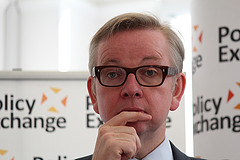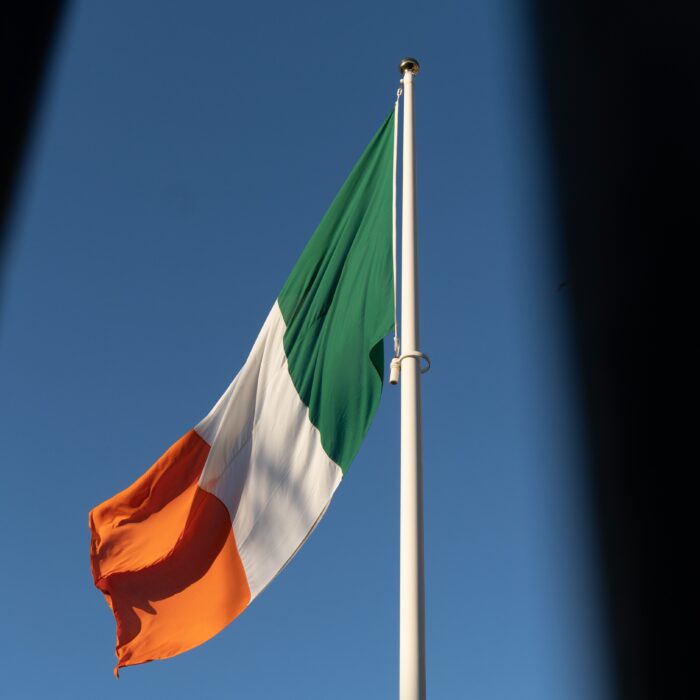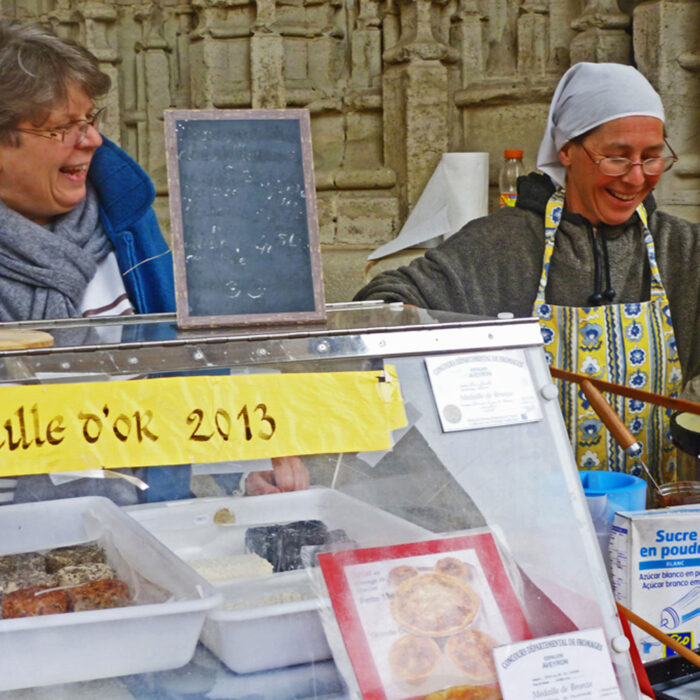You have no items in your cart. Want to get some nice things?
Go shopping
In a previous article written for this journal, I offered sundry thoughts on and a muted defence of detective fiction. The defensive note was sounded in response to what I saw and still see as a disconcerting, political and politicized narrowing of the officially sanctioned meanings of “Literature” and “the literary.” English – so nebulous an area of study; a subject, certainly, but one that is happily without a discipline or a method – is central to the English education system, both for reasons of necessity and historical-political accident. Once a poor substitute for Classics, English Literature, specifically, is now central to a (more-or-less) shared vision of a liberal-arts, humanist education; so much so, that it is almost impossible to imagine a school system without it. Of course, one can speak glibly about, perhaps dream of, school without English; but this is all one can do, precisely because English (along with a handful of other “core” subjects) is so familiar a part of our cultural library. One does not often notice the books that have stood for years on the shelves; but one does notice the gaps they leave if ever they vanish.
Just what English “does,” however; what it might be “for”; or, more plainly, what English might offer its students: all this is getting lost now that education is under the aegis of Michael Gove. English, as a subject without a discipline or method, can readily accommodate most methodologies and the subject-areas those methodologies betoken. Indeed, there are very few areas of cultural life that have not been explored in and through literature and literary studies. The capaciousness of English literary study is one of the more salutary aspects of its disciplinary vagueness. But this vagueness has also made it easy for some pretty fuzzy thinking, as to what English is, does, or is for, to take hold of public educational debate. This loss of intellectual clarity has as its correlative – and this is the point with which I began – a narrowing in the public arena of the scope and meaning of “Literature” and “the literary.”
The extent to which the content of learning in general has been politicized and circumscribed by Gove marks a significant step away from the ideals of genuinely liberal learning, and the education secretary’s rather fulsome praise of these ideals does little to disguise or shorten this back-step.* The ways in which we understand English Literature’s role in a genuinely liberal education system should be discussed as widely and in as many different fora as possible, and, with this in mind, I have tried in what follows to bring a few ideas out of the academic arena (in which they might be a little more familiar), and to offer them up for discussion among those of us with a vested, unapologetically partial interest in English, literary study, and the futures of both. Here, in the first of two parts, I will outline my concerns with Gove’s conception of English Literature as it is to be studied in our schools. Next week, in part II, I will limn what I think is vital in and to English Literature, and what I think it has to offer in the way of knowledge and know-how.

There has been a great deal of clamour to counter Education Secretary Michael Gove’s claims and proposals, apropos of allegedly falling educational standards and the need for renewed educational and intellectual “rigour.” And, to be sure, there is plenty to suggest that so much of what Mr. Gove says is tendentious at best, at worst mere guff: the problems – well advertised – with the PISA numbers (or, rather, Gove’s use of them: see here, here, here, here);** his now infamous citing of so-called “research,” conducted, it turns out, by such formidable organizations as UKTV Gold and Premier Inn.*** Less often tackled than issues of the reliability or validity of his sources, though, is the lack of clarity of Gove’s language, and of his use of a few pet terms – “rigour,” “facts,” and “knowledge” being chief among them.
To speak of “rigour,” “facts,” and “knowledge” – and to freely conflate these terms as Gove does – without any sort of qualification is to speak of virtually nothing at all. For what such words mean is not always – in fact, is hardly ever – self-evident; and as our Education Secretary uses them, they are all but meaningless. Doubtless Gove, if past form be any indication, would likely dismiss such charges out of hand, but then his stance on intellectual rigour is itself profoundly anti-intellectual: his coupled moral arrogance and anti-intellectual conservatism make him a particularly insidious Education Secretary, one who remains wilfully blind to what is vital in literary study.
Just as what Gove accepts as “intellectual rigour” has narrowed – and just as he has sloppily elided his pet terms, so that each seems to act as a synonym for the others – so too has the publicly sanctioned scope of Literature been reduced, and the justification for this reduction been founded on a disciplinary conflation. Leave aside, for now, the knotty but rather dull question of the criteria of “great” when one talks of “great literature” and “great writers”: by restricting the range of study to a small handful of canonical works and authors, plus one or two others – and that, despite Gove’s protestations, is what the curriculum reforms amount to, de facto –Mr. Gove makes narrow historical interest the driving force of literary study. This does not mean, let me be clear, the productive coexistence and cross-fertilization of History and Literature, two related modes of intellectual enquiry. It means the ill-conceived reduction of Literature to History (the latter narrowly conceived). To think any subject reducible to the terms or principles of another is mere idiocy: certain subjects may have overlapping interests, or rely on similar skills, but there is no subject-related epistemological foundation on which all other learning rests.
Gove’s insistence that there is a Great British literary history to which school children must be exposed misses just what is most valuable about English Literature as a field of study; and it entirely ignores a mode of “knowledge” quite different from that to which Mr. Gove clings. The work of getting students to know, in Gove’s preferred sense of the word, that Shakespeare was the author of a significant body of plays and poetry, and that his contribution of neologisms to our language likely runs into the thousands – this is the work of moments (and, perhaps, of a little periodic recital). Fostering an appreciation of just what such information might mean for us – this is a far harder task; a more vital one, to be sure, and one that will require some degree of intellectual “rigour,” while having little to do with the “bare facts” of any matter.
These, then, are the problems: 1) that the scope of what counts in schools as capital-L Literature is being unreasonably constrained and prescribed; 2) that sight of just what literary study adds to our knowledge and know-how is dimming, as literary study is being treated as a branch of history (itself tendentiously and poorly conceived as little more than a select group of timelines). The matters of English Literature and its contributions to knowledge, and of just what English is “for” will be the focus of Part II.
* For a more strictly academic consideration of politicized, liberal, and teleological conceptions of education, see Kenneth B. McIntyre’s recent article in Journal of Philosophy of Education.
** Incidentally, a PISA report on creative problem solving places UK students eleventh (out of 44 countries). The UK, in most of PISA’s measures, came to close to the tenth ranked country, Finland. A Google search of “UK PISA results” produces no mention of this on the first results page. A search of “UK PISA results problem solving” brings up one story, from the BBC.
*** At the time of writing, the OECD released another survey, ranking England twenty-first and –second, respectively, for numeracy and literacy, out of twenty-four countries. Of course, such results are troubling, and, if they are to be taken seriously, will require careful consideration of the entire education system. Questions – about how educators and the system in which we work cater for our struggling and our most able students – will need to be asked. But the OECD numbers alone do nothing to change the arguments of this essay. Indeed, the conclusions I draw, conclusions in line with the findings of Seymour Papert (see above), might need to be factored into such discussion and action as Chris Husbands, director of the Institute for Education, feels is urgently needed.

About Oliver Belas
Oli Belas is a teacher, writer, and independent academic. He lives in Walthamstow (north-east London) with his ever-supportive and endlessly patient wife, Sarah. He has written about popular science, detective, and African American fiction, and literary theory/philosophy. When time and geography allow, Oli works with his friend, artist Rene Daigle. Their first joint effort is the illustrated essay "The Enduring Appeal of the Mystery Story" (published in Litro Magazine), and they have plans for some illustrated, noir-ish fiction.





The only reason this article is in two parts is because the author in this part says absolutely nothing. Assuming we are well versed in the minutiae of Gove’s proposal, he offers his abstract criticism – a simple outline would serve to contextualise his comments – on a selection of Gove’s tendentious pet phrases.
Our author reveals the wasted effort in the final paragraph that could have been the first.
Microsoft is developed recently update in window 10,so friends update your window and get many new features and option https://documentswindows10.com how to save you document and file in PC,it is not difficult,using the simple tips.
One purpose of moral education is to help make kids virtuous—honest, dependable, and caring. Another is to make develop understudies educated and intelligent about imperative and questionable good issues. Both purposes are implanted in a yet bigger project—making sense of life. https://www.assignmentempire.co.uk/do-my-assignment
A Topic you have raised are very valid points in your post. It really happened some person do not have the right idea. But with your awesome tips, one can easily identify it.